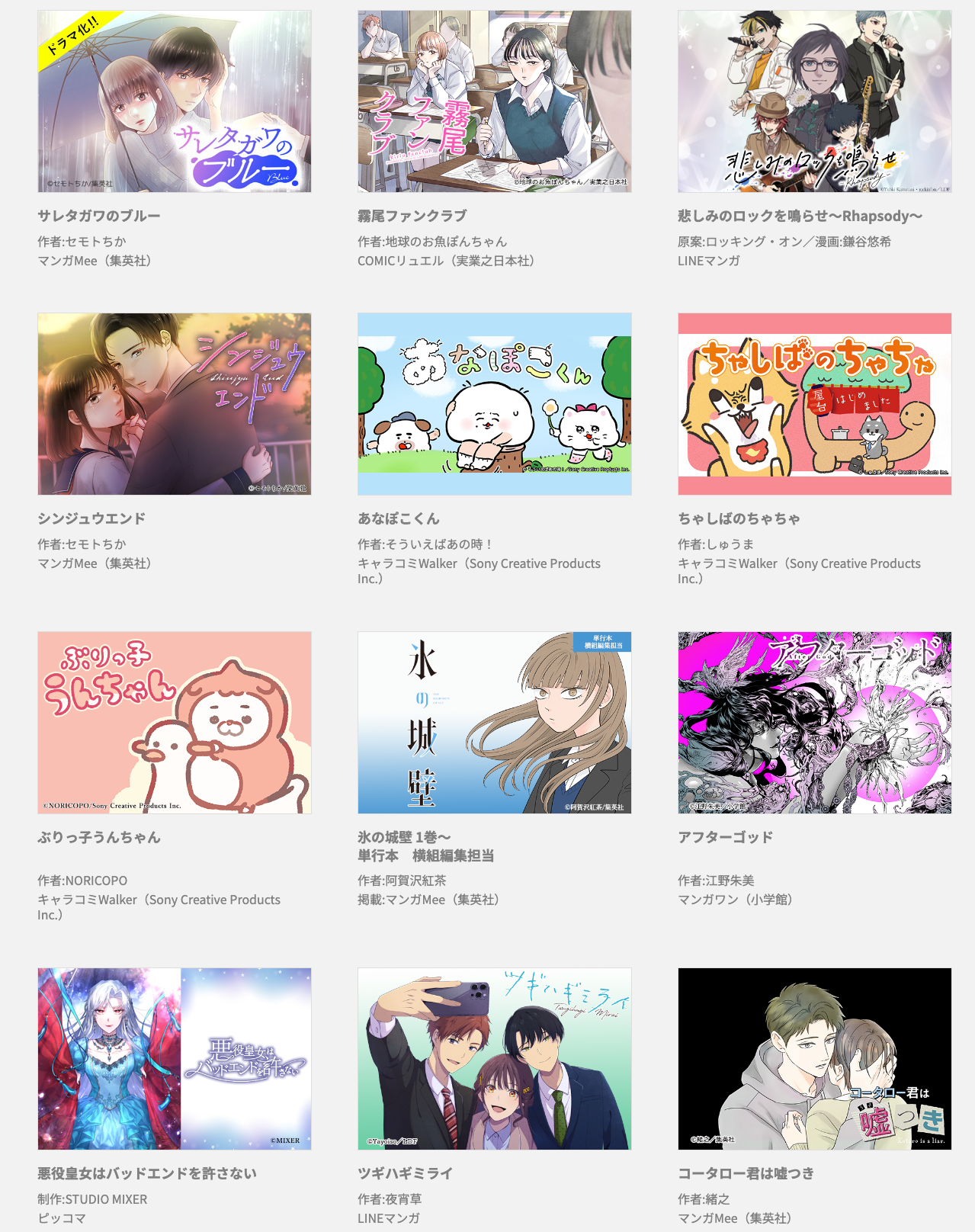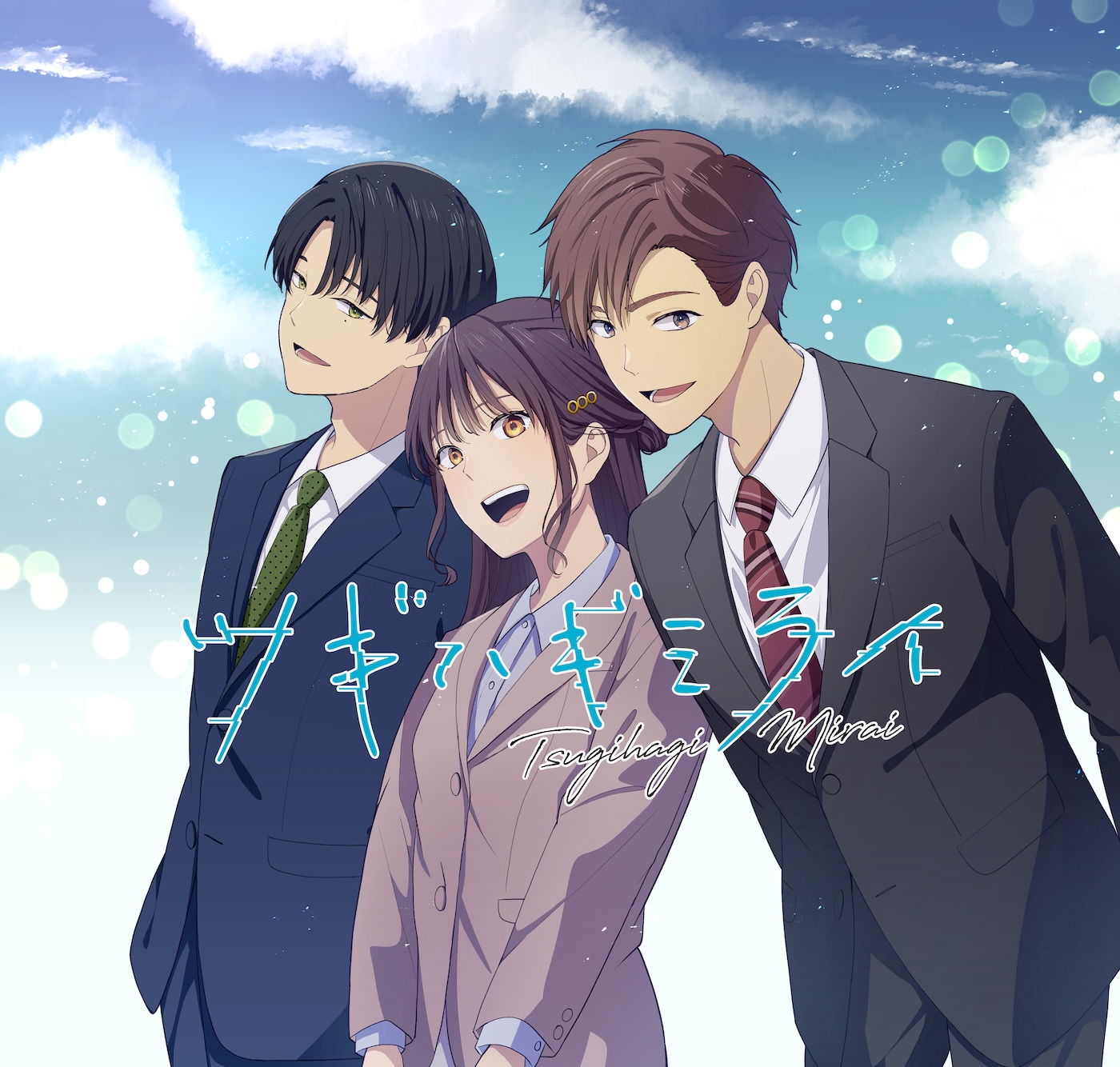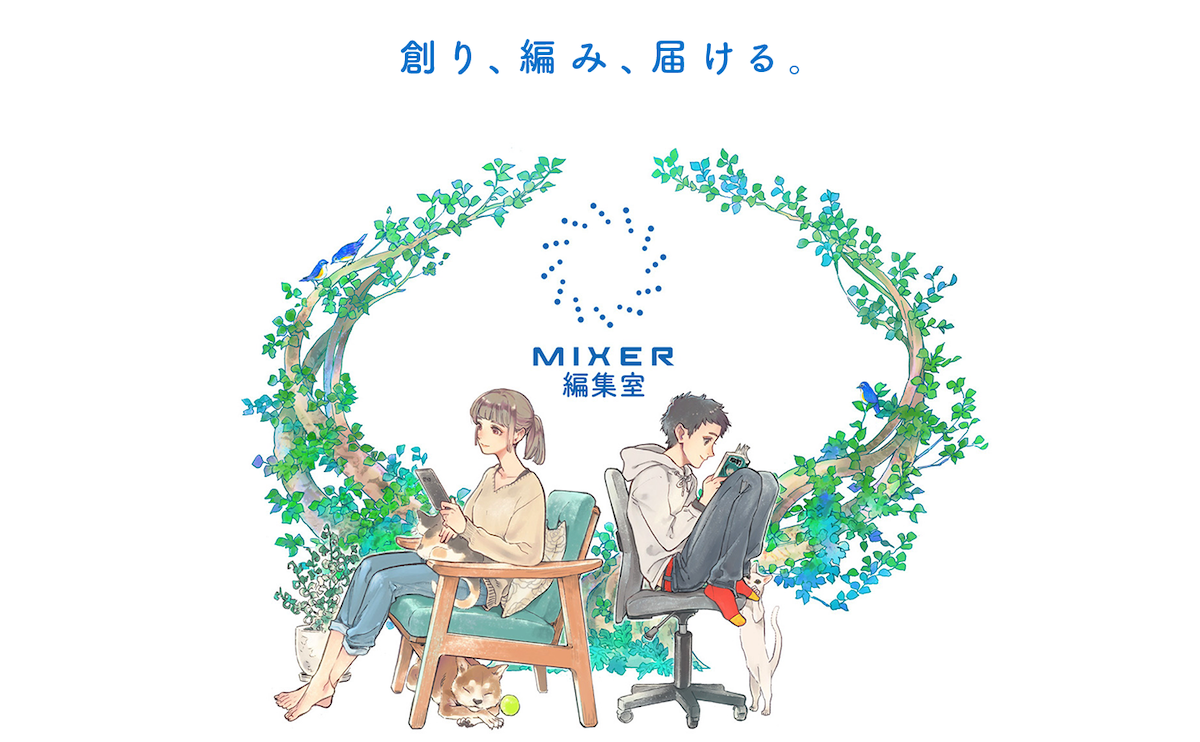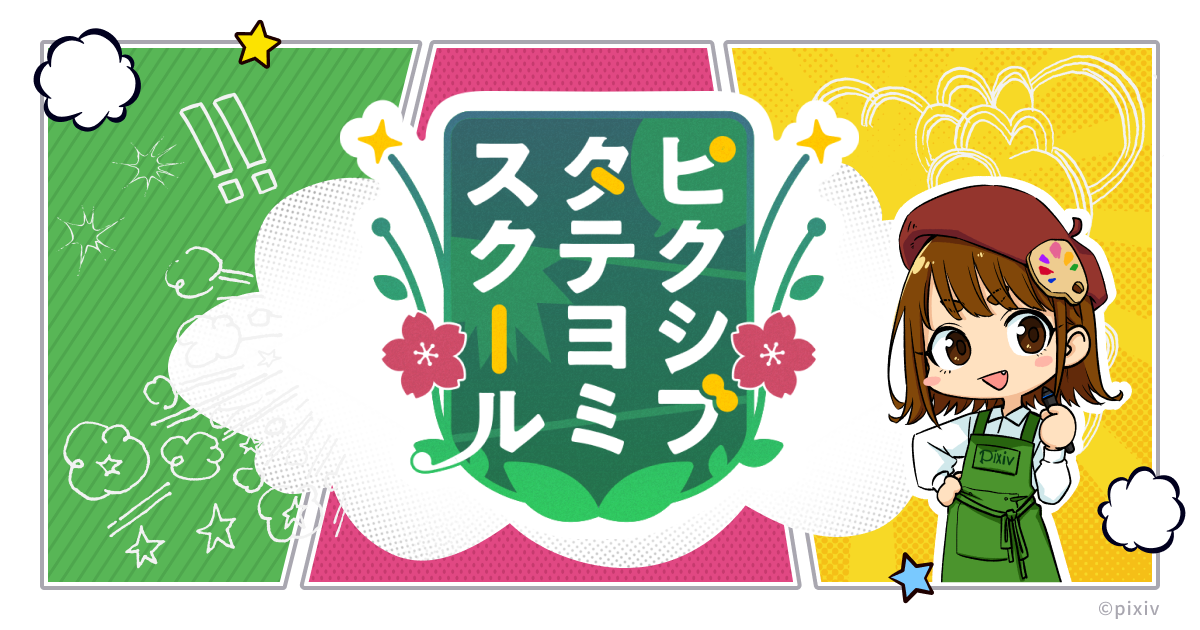WEBTOON編集歴10年の編集者に聞く、WEBTOONに向いている作家って?『サレタガワのブルー』編集者・北室美由紀さんインタビュー
インタビュー/ナカニシキュウ
メディアミックスもされた大ヒットマンガ『サレタガワのブルー』や『ReLIFE』など、数々のヒット作を手がけてきた編集者・北室美由紀さん。2013年に日本版comicoの立ち上げに携わり、現在は株式会社ミキサーにて編集者として、国産WEBTOON(縦スクロールマンガ)を盛り上げています。
WEBTOONといえばスタジオ制作の作品も多い中、北室さんは多くの個人作家を担当してきました。そんな北室さんだからこそ話せる、WEBTOONで個人作家が成功する秘訣や、WEBTOON業界の今後について聞きました。WEBTOON制作を目指すクリエイターが一番にすべきこととは──?

- 北室美由紀(きたむろ みゆき)
- 株式会社ミキサー所属のマンガ編集者。 2013年の日本版comico立ち上げに従事し、国内のWEBTOON黎明期から活躍する。担当作は『ReLIFE』『サレタガワのブルー』『ツギハギミライ』『板の上で君と死ねたら』など。
スタジオ制作と個人制作の違いは?
── 北室さんは2013年の日本版comico立ち上げに従事するなど、日本のWEBTOON業界を黎明期から現場で見てこられました。そんな北室さんから見て、WEBTOONに向いているクリエイターはどういうタイプだと思いますか?
北室:そうですね……その方がどういう作家になりたいかによって違ってくるので、一概には言えません。WEBTOONの場合はスタジオ制作と個人制作があり、スタジオの一員としてチームで制作するのか、個人作家としてやっていくのかでもまったく変わってきますね。唯一言えるとしたら、週刊連載が基本となる今のWEBTOONにおいては筆の遅い人は向かない。これはマストですね。
── スタジオ制作と個人制作に分けると、それぞれどういった資質が求められますか?
── いろんなタイプの人のいろんな活躍の仕方があり得る業界ということですね。
北室:おっしゃる通りです。なので本当に「自分がどうなりたいのか」が一番大事になってきます。
── ということは、たとえばこの記事を読む方が「自分はこういうタイプだからWEBTOONは無理だろう」と思い込む必要はない?
北室:はい、まったくないと思います。
── 北室さんのご経験上、魅力的な作品を生み出す作家に何か共通点はありますか?
── “魅力的な作品”イコール“多くの読者に広く読まれるもの”ということ?
── WEBTOONはスタジオ制作のイメージが強いですが、個人作家として作品を作るメリットについて、どうお考えでしょうか。
── 北室さんは個人作家さんと組んで制作されることが多いですよね。
北室さんが編集担当する『板の上で君と死ねたら』(作者:三永ワヲ)1話より
©Wawo Mitsunaga/LDF
── スタジオ制作になると、その“頭の中身”が見えにくくなる?
── 北室さんは“人対人”をかなり重視されているんですね。
メディア展開されやすい作品の傾向とは
── 北室さんは「これからWEBTOONに挑戦したい」という若いクリエイターさんの相談を受ける機会も多いのではないかと思うんですが……。
北室:はい、ありますね。
── 仮に「まず何をどうしたらいいですか?」と相談されたとして、どのようなアドバイスをされますか?
北室:まずは「何になりたいのか」を聞きます。作品を通して自分の思いを伝えたいのか、売れたいのか、絵を描くことを糧に生きていきたいのか。ひと口にWEBTOON作家志望といっても、いろんな種類の人がいるんですよ。わりと多いのが「ただただ絵を描くことが好きで、絵に関わるお仕事をしたい」という方。中には「物語を作り出すことにはあまり興味ないけど、ネームを描くことだけはすごく得意なので、ネームだけを描いて生きていきたい」という方もいたりしますね。
── なるほど。その人がどうなりたいのかによってアドバイス内容も変わってくるわけですね。
── 北室さんはこれまでに『ReLIFE』や『サレタガワのブルー』などアニメ化、ドラマ化を果たしたWEBTOON作品をいくつも手がけてこられています。そうしたメディアミックスと言いますか、他メディアに展開しやすい作品の傾向はありますか?
実写ドラマ化された『サレタガワのブルー』(作者:セモトちか)
©セモトちか/MIXER/集英社
── 企画段階からメディア展開を意識しているわけですか?

『サレタガワのブルー』より主人公・田川暢と妻の藍子
©セモトちか/MIXER/集英社
── 実際にドラマ化された際、その想定通りの役者さんがキャスティングされましたか?
── すごい話ですね……つまり、制作会社や広告代理店などと組んで外堀を埋めていくというよりは、まず作品そのものをドラマという媒体にフィットさせることだけを考えていくわけですね。
── 企画に合わせて描かせるのではなく、作家さんの描きたいものを描いてもらうのが一番いいと。
── そこは作家さんによって優先順位が違うでしょうしね。「ドラマ化されなくても描きたいものを描きたい」という人もいるだろうし、「多少自分を曲げてでも絶対ドラマにしたい」という人もいるだろうし。
長所じゃないと伸びないので
── 基本姿勢が「作家の描きたいものを描くのが一番」という中で、その作家のポテンシャルを最大限引き出すために心がけていることはありますか?
── 類型化できないんですね。
── “たったひとつの冴えたやり方”は存在しないと。
北室:そういうものをお持ちの編集さんもいらっしゃるかもしれませんが、私はそういうふうにはできないので。とにかく話す、とにかく聞く。
── 総じて、北室さんがWEBTOON制作という仕事の中で最もやりがいを感じているのはどんなことですか?
北室:正直、全部面白いんですよ。“WEBTOON制作大好きマン”なので(笑)、どの工程も全部楽しいんですが……しいて言うならやはり企画段階ですかね。個人作家さんの場合だと、1000本ノックみたいなことをやるんです。「1行プロットを10個出してください」と言って断片的なアイデアをとにかく10個出してもらって、それを元にちょっと揉んでみる。それがダメそうなら「もう10個出してください」とやっていくんです。あ、これも人によってですよ。一球入魂の作家さんもいらっしゃるので。
── アウトプットの訓練みたいなことですね。質は置いといて、まず数を出すことに重きを置くという。
北室:そういうことです。そうやって出てきたものを仕分けしていくんですけど、その10個のアイデアを「描きたいし描けるもの」「描きたいけど描けないもの」「描きたくないけど描けるもの」「描きたくないし描けないもの」と4種類に分類していくんですね。たとえば「忍者ものは?」「描きたいけど描けないです」というふうに。
── そうやって徹底的に「その人が本当にやりたいことはなんなのか」を突き詰めていく?
北室:結局、長所じゃないと伸びないので。長所を生かそうと思ったら、まず長所を知らなければいけません。ジョハリの窓(注:「自分から見た自分」と「他者から見た自分」を区分する自己分析手法)じゃないですけど、それまで自分でも知らなかった“得意”や“好き”が思わぬところに隠れていることもあるわけですから。だからこそ、まず数を出すことが大事。そういう作業は本当に楽しいですね。
── 逆に、この仕事のつらいところは?
── 面白ければ売れるとも限らないのがこの世界の難しいところですよね……。
北室:中には売れなかったことで心が折れて筆を折ってしまう作家さんもいらっしゃるので、とにかく「作品がダメだったわけではない」と思ってもらえるようにこちらも手を尽くします。「あのイチローだってヒットは3割なんだよ」とか言いながら(笑)、何度も打席に立つ強い心を持っていただく。作家さんには「売れなかったら編集の責任なので、全部私のせいにしてください」と伝えるようにしています。
作家のファンを増やしていきたい
── WEBTOON業界全体のお話も少し伺いたいんですが、現在の状況はどんなふうに捉えていますか?
── 盛り上がってくる業界というのは、得てして勢いで動くことができる若者たちによって切り拓かれるものですからね。
── そんなcomico立ち上げ当初と今とで、市場規模以外で一番変わったのはどういうところだと思いますか?
── 逆に言うと、“作家で読む”みたいなある種マニアックな読み方が読者に要求されなくなったということでもありますよね。敷居が下がったと言いますか。
北室:もちろんそういう言い方もできるんですが、私個人としてはやっぱり作家さんが好きなので、作家さんのファンを増やしたいんですよ。『ReLIFE』ファンではなく夜宵草ファン、『サレタガワのブルー』ファンではなくセモトちかファンを増やしたい。そのためには、WEBTOONがスナックコンテンツというイメージを脱却することもひとつ必要なことなのかなと思っていて。
── それも難しい問題ですね。手軽さこそがWEBTOONの強みであるようにも思いますし。
北室:そうですねえ……スナックコンテンツが悪いわけではないしそこを否定したいわけでもないんです。ただ、日本のWEBTOONはまだ10年という短い歴史しかありません。なので、単純に歴史が足りていないということも言えるかと思います。たとえば「あだち充さんの作品でどれが好き?」という話題は成立しますが、「夜宵草さんの作品でどれが好き?」はまだ成立しない。夜宵草さんは10年やっていて日本のWEBTOON界では最古参の作家さんですけど、それでもまだ3作目。シンプルに本数が足りないというのはあるのかなと。夜宵草さんがあと10年作品を出し続けてくださったら「夜宵草さんの◯◯が好き」という会話ができるようになるなと思います。
『ReLIFE』の夜宵草さんは『ツギハギミライ』を連載中
©Yayoiso/LDF
── なるほど。あと、現状のWEBTOONは韓国作品が多く、スタジオ制作も多い。そもそも日本の読者からすると作者の顔が見えづらいというのもありますよね。
北室:それこそ韓国ではスタジオにファンがついていたりするみたいなので、時間をかければ日本でも同じような状況になっていく可能性は十分あると思います。それと、作品数もそうですし、もっと幅広いジャンルの作品が出てきてそれがちゃんと読まれるようになればいいなと思っています。現状はまだジャンルの偏りがえげつないので。
── たしかに、大雑把に言うと3ジャンルくらいのイメージですかね。
ミキサー編集室では持ち込みを募集中!
株式会社ミキサーの漫画編集チーム「ミキサー編集室」では、個々の編集者が横断的に、さまざまな出版社や媒体で担当作品を持っています。
従来の「ページ漫画」も、近年急成長している「縦カラースクロール」も、少年・少女・青年・女性向けなど、様々なジャンルで取り組んでいます。
特定のスタイルやジャンル、媒体にとらわれず、良き作家さんによる良き作品を、それがふさわしい場所へと送り出す。そして、読者さんのもとへ届ける。
ミキサー編集室は、それをモットーにしている小さな編集プロダクションです。






